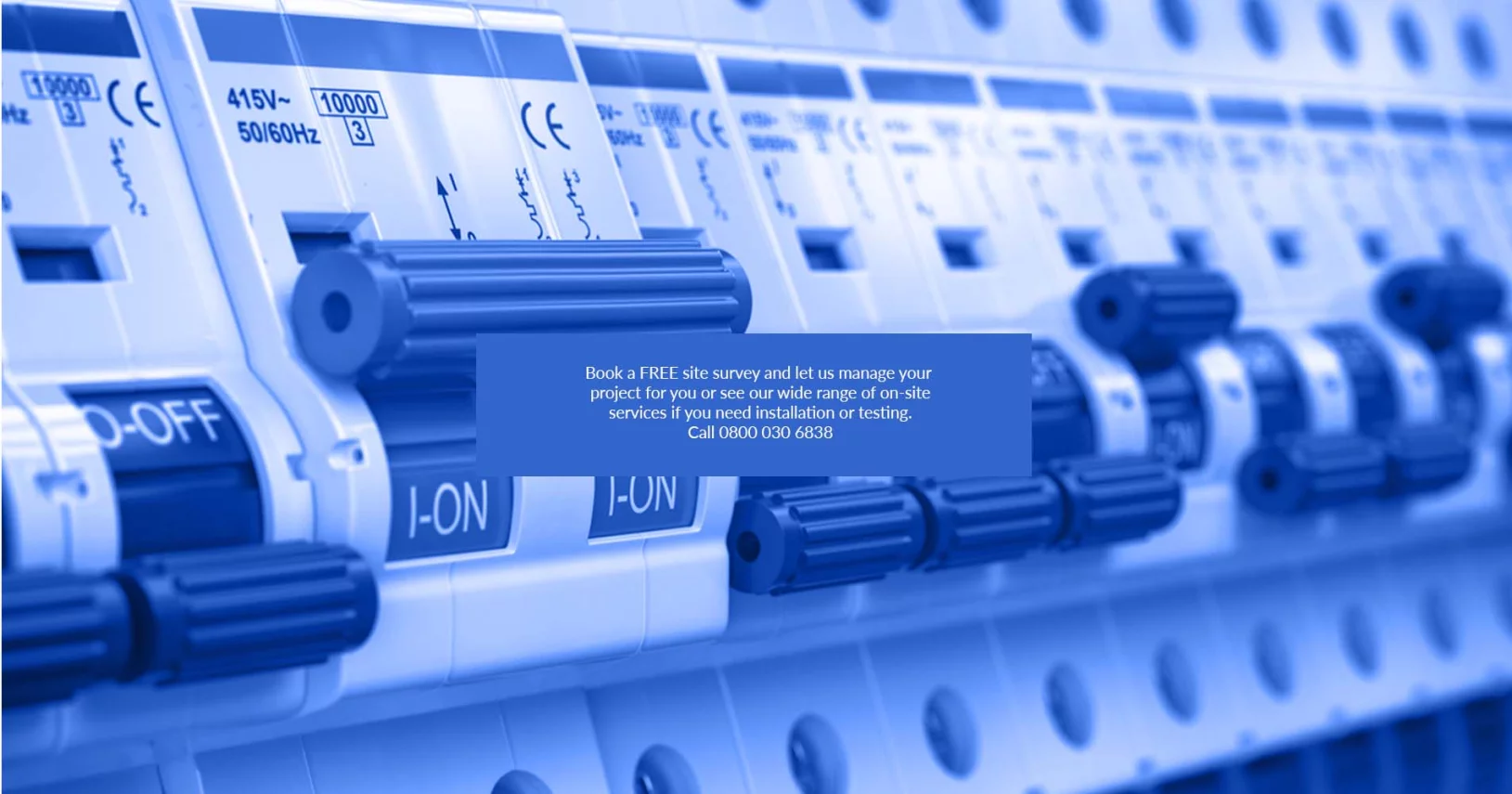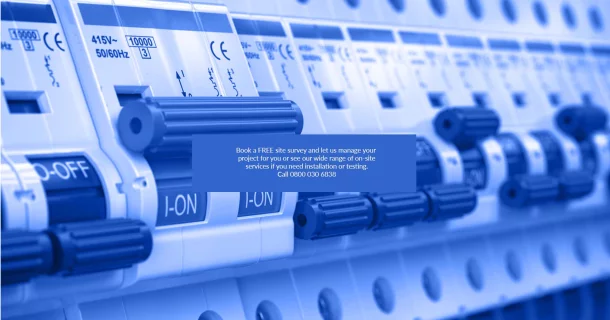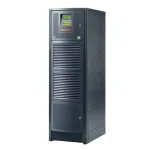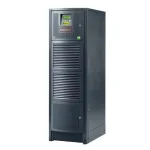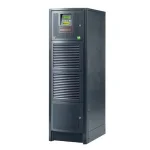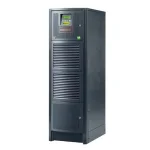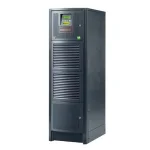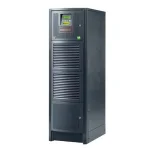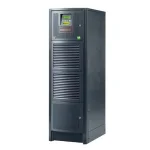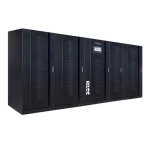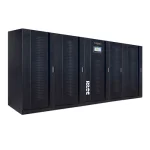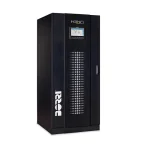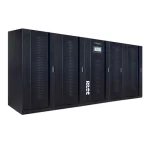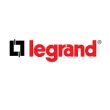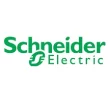Data Centre UPS Power Solutions
The projects team at Server Room Environments provides a complete data centre UPS project management service using the latest energy efficient, sustainable and eco-friendly power technologies. We can design and deliver power protection plans for any size of UPS system including complete electrical installation, commissioning, site testing, training and 24/7 maintenance contracts. Our experience covers single and three-phase UPS systems, modular transformerless and transformer-based uninterruptible power supplies, standby power generators, static transfer switches, power distribution units and LV switchboards; the complete critical power path to the incoming building transformer or substation to the IT loads.
- UPS Systems (716)
- UPS Solutions (713)
- UPS Technologies (699)
- Power Distribution (333)
- Backup Power (458)
Data Centre Uninterruptible Power Supply
Designing a power protection plan for a data centre is very similar to that of a server room but on a much larger scale. Most plans refer to protection of the critical power path. This follows the route of electrical supplies from the building incomer and point of common coupling (PCC) to LV switchboards and then its distribution around the data centre facility. Larger mega-sized data centres may have their own HV/LV transformer connection.
Data centers typically look for redundancy in their critical power path and cooling systems designed using the Tier principle from the Uptime Institute. Data center UPS resilience can be described in terms of the levels of redundancy provided in their design. The levels start with Tier 1 and basic protection of the critical power path with no redundancy and move up to Tier IV which provides multiple redundancy levels including connection to the grid from two separate transformers (2N: A and B supplies).
The back-up power element within a data centre will generally consist of an uninterruptible power supply and standby power generator. These may be arranged as single or N+X redundant installations with the UPS system housed in a plant room along with its battery set or within the data hall itself.
The biggest growth trend in data centre power protection is the adoption of modular UPS technologies. Modular UPS systems can achieve operating efficiencies of 96% or greater in full on-line mode and maintain this over a wide load profile (from 25-100%). Traditional transformer-based UPS systems achieve around 70-75% operating efficiency and only when around 80% loaded. In a data centre environment, modular UPS systems provide more opportunities to save energy through right-sizing the load and prepare for future expansion. A modular UPS frame can be installed along with all the necessary switchgear and power distribution to accommodate future expansion through the installation of additional UPS modules.
Data Center UPS Systems
Data center UPS are typically installed as centralised power protection systems. A decentralised UPS approach is to install multiple, smaller uninterruptible power supplies around the data center. This can be at the row or in-rack level.
A centralised UPS system in a data centre is a single installation with protected power feeds distributed around the data centre to the racks via sub-distribution panels.
Choosing a Data Centre UPS
The next decision in selecting a UPS for a data centre protection is to choose between monoblock and modular UPS technologies. A monoblock uninterruptible power supply is a single UPS that can be scaled for parallel or redundant (N+X) configuration by adding another UPS of the same kVA or kW rating to the installation.
Monoblock UPS systems in parallel/redundant configurations are typically installed to provide additional resilience to the power protection path. Each UPS can be installed with its own battery set or a shared battery system.
A wrap-around bypass is another option to consider. Each UPS will have its own built-in maintenance bypass. A system wrap-around maintenance bypass allows the entire UPS system to be isolated for maintenance and service.
If a monoblock UPS has been selected for the installation, the next decision will be between the technologies available for this type of system. There are two types of on-line double-conversion monoblock UPS and these are transformer-based and transformerless.
Transformer-based UPS are normally chosen for industrial applications and data centres where electrical isolation between the incoming electrical mains power supply or generator supply and the critical loads is required. A transformerless UPS has an IGBT-based rectifier front-end to replace the traditional electrical transformer. Both types of UPS can achieve high levels of operating efficiency. Advances in transformer design and IGBT inverter technologies mean that a typically advanced transformer-based UPS can achieve around 95% or greater energy efficiency on on-line mode. The energy efficiency of a transformerless UPS can be 1-2% greater in on-line mode. In eco-mode this can rise to 98-99% energy efficiency.
Modular Data Centre Design
Modular UPS are one of the most installed in a data centre environment in the power range 50-300 kVA/kW range. Modular UPS are based around UPS frame size into which UPS modules are placed to provide the required power output and resilience level, N+1 or N+2. A typical UPS frame size is 125kW using 25kW UPS modules and 300kW using 50kW UPS modules.
When sizing for either a monoblock or modular UPS system it is important to calculate the overall size that the UPS installation could reach. A calculation should be made to ensure that the electrical power infrastructure including circuit breakers, wiring, distribution and electrical discrimination is suitable sized to allow for expansion. It can be costly to make changes to the input side of an uninterruptible power supply installation at a later date.
Battery System Solution
Uninterruptible power supplies used batteries to store electrical energy for use when the mains power supply fails and protect connected equipment. Battery types available for this type of power supply include lead acid and lithium-ion (li-ion).
Valve regulated lead acid (VRLA) batteries are the most commonly installed type of battery in a data centre power solution. The technology behind a lead acid battery is fairly simply and relies on an interaction between the electrolyte (hydrochloric acid) and lead plates. The battery is particularly suited to standby applications including UPS systems.
Lithium-ion batteries can be used for standby and rapid cycling applications. In a data centre, a UPS with a lithium-ion battery can recharge faster than one supplied with a lead acid battery pack. Typically within 2-4hours compared to up to 24hours for a 80% recharge. The stored energy in a li-ion UPS battery can also be used to support the grid, with the UPS acting as an energy storage system. Lithium-ion batteries also have a high power density than a lead acid battery allowing for a more compact footprint.
Compared to lead acid, a lithium-ion battery will be around 20-30% higher in initial capital outlay but the design and working life figures may be double (10-15 years that of a UPS battery).
Your Data Centre UPS Power Management and Energy Efficiency Experts
Server Room Environments has built an enviable reputation for its expertise in data centre UPS and power protection and energy efficiency. We provide an outstanding customer service including 24/7 technical support and fast-response maintenance contracts. In addition to our electrical installation services, Server Room Environments can also provide temporary power supplies including load banks and containerised systems. These can assist during commissioning, maintenance or as additional emergency measures. We also provide third party inspection and testing services. Please contact our projects team for a site power protection or energy efficiency review.
Server Room Environment supplies a wide range of UPS systems for data centres from leading manufacturers including Eaton, Huawei, Legrand and Vertiv. Please contact our projects team for more information on our data centre power solutions.

Earn SRE points on all online purchases with double points on selected products
























